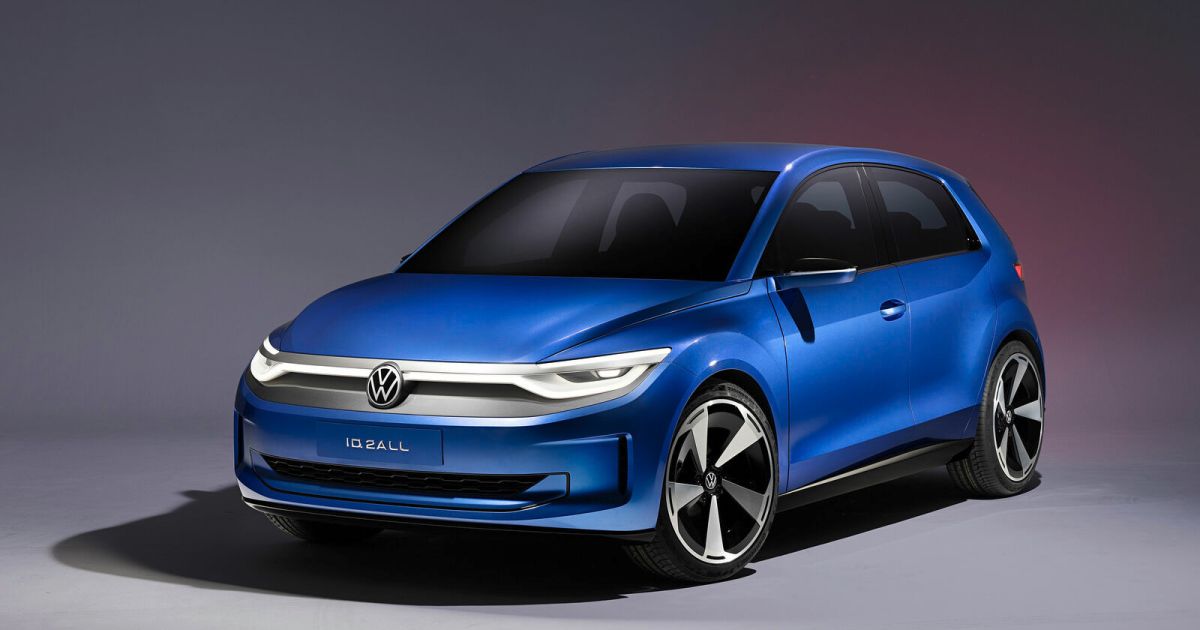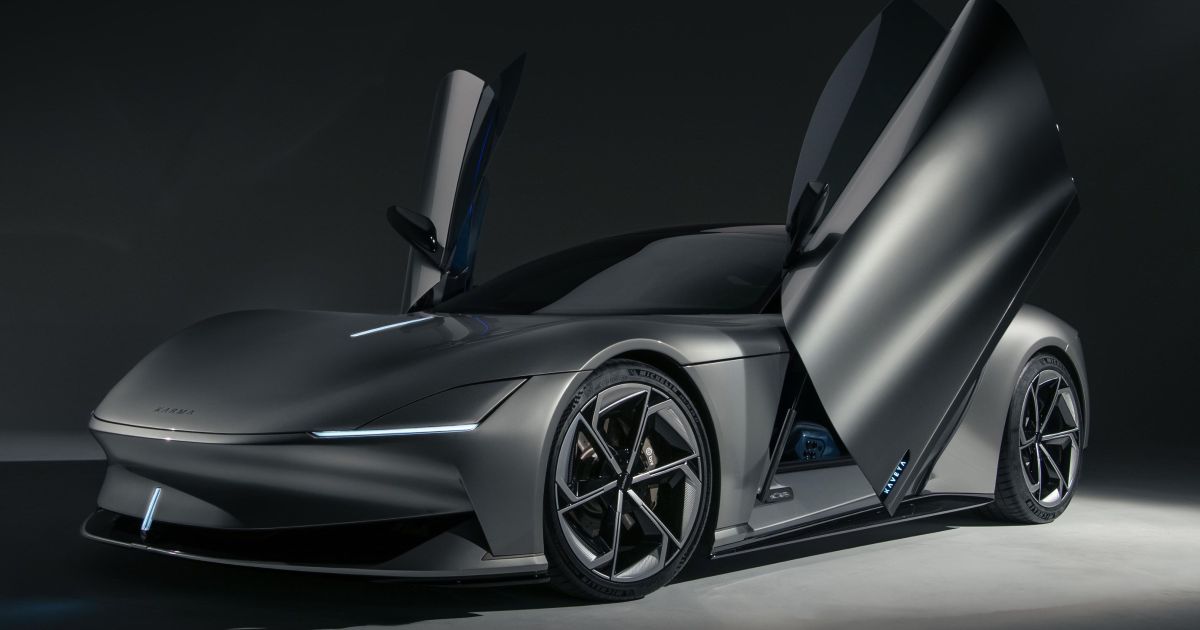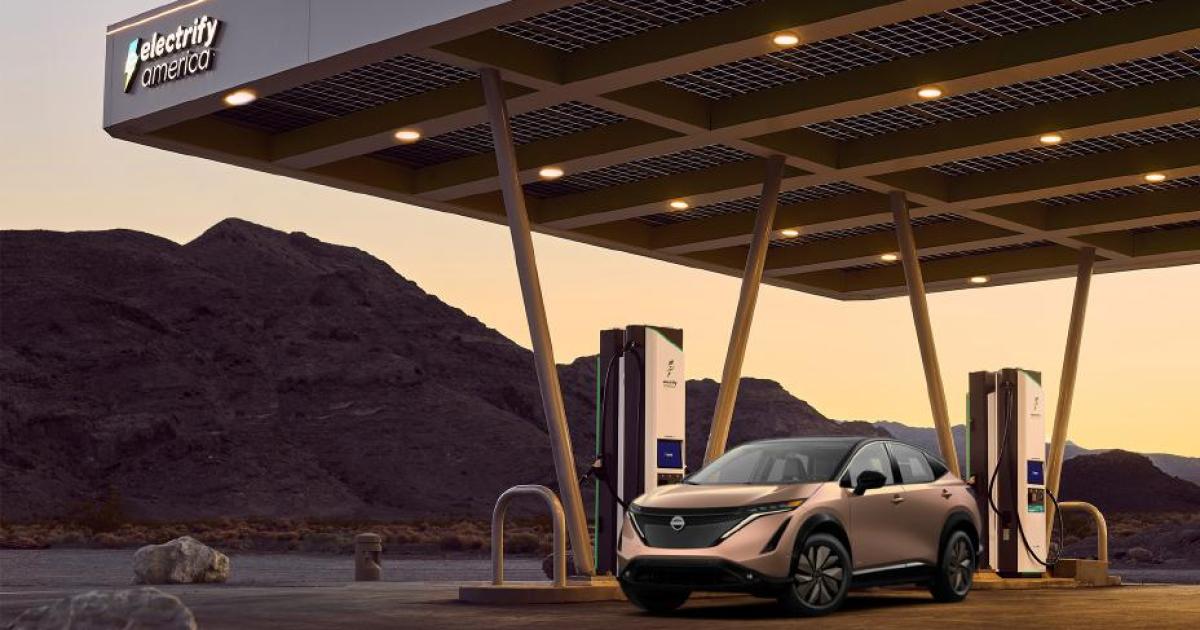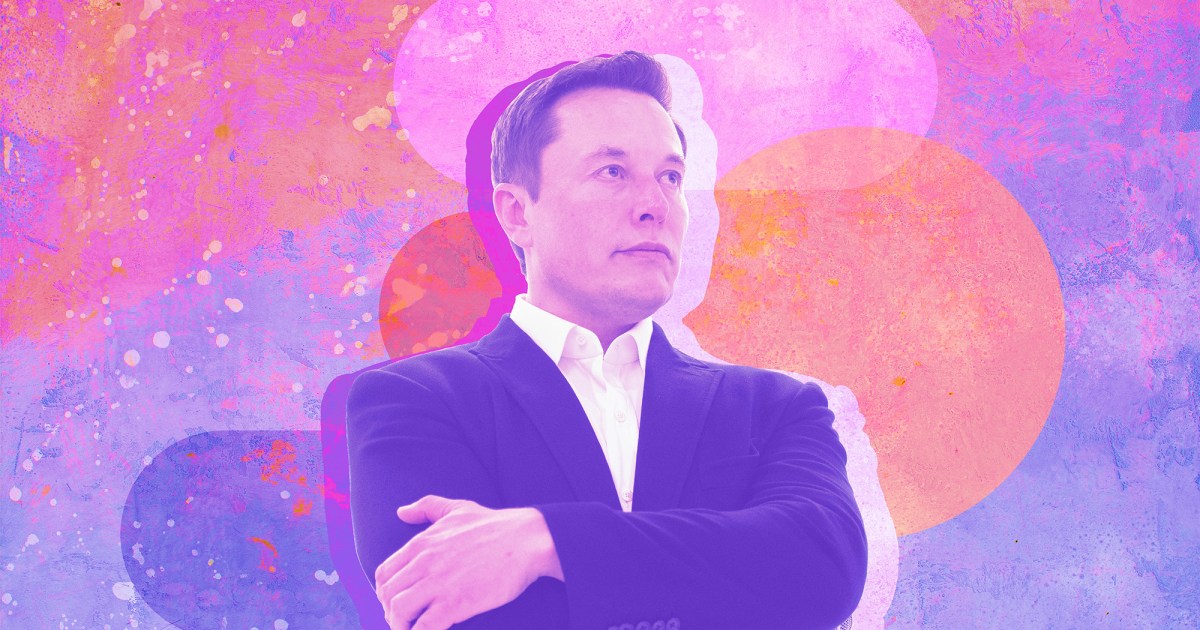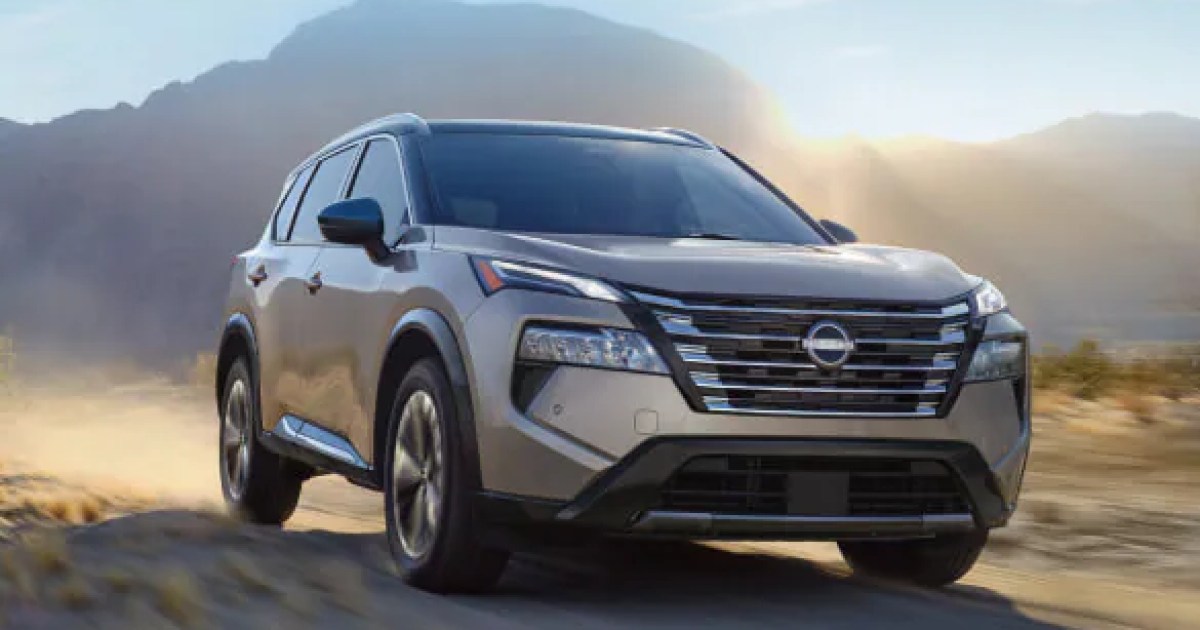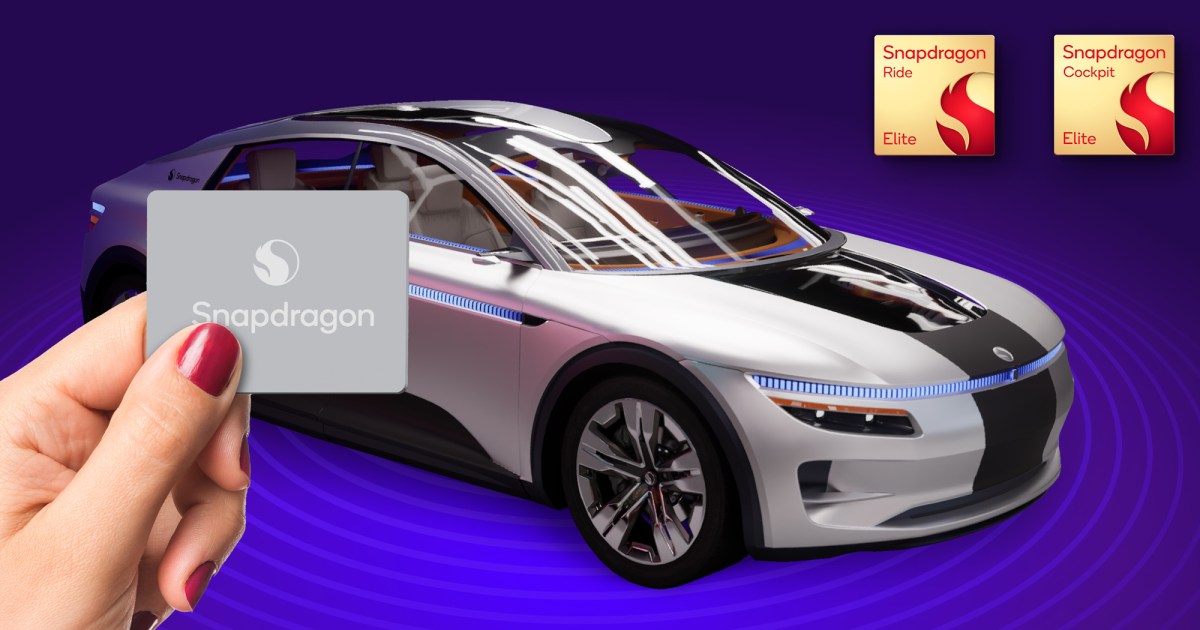Volkswagen’s history with electric vehicles dates back to the 1970s with the Elektro Bus, a concept car born from the oil crisis. Now, facing declining sales in Europe and China, Volkswagen is once again turning to EVs, this time focusing on affordability.
VW brand chief Thomas Schaefer recently announced plans to introduce eight new affordable electric vehicles by 2027, emphasizing the need for profitable production and competitive pricing. This ambitious plan highlights the company’s commitment to regaining market share through accessible electric mobility.
A key model in this strategy is the ID.2all hatchback. Initially planned for a 50-month development cycle, the project has been accelerated to 36 months. The ID.2all concept, unveiled last year, promises a sub-€25,000 (approximately $27,000) price tag upon its anticipated 2025 release.
Further bolstering VW’s commitment to budget-friendly EVs, CEO Larry Blume has hinted at a sub-$22,000 model slated for release after 2025. This suggests a broader strategy targeting various price points within the affordable EV segment.
While European plans are clearer, the availability of these models in the U.S. remains uncertain. Volkswagen America has previously stated its intention to release an EV under $35,000 by 2027. This indicates a focus on the American market, albeit with a slightly higher price point.
A major challenge in producing affordable EVs lies in battery costs. Volkswagen is addressing this by developing its own unified battery cell at several European plants and a facility in Ontario, Canada. This vertical integration aims to control costs and streamline production.
However, for U.S. buyers to benefit from the Inflation Reduction Act’s $7,500 tax credit, both the vehicle and its components, including the battery, must be at least partially produced domestically. While Volkswagen operates a plant in Chattanooga, Tennessee, and plans another in South Carolina, it’s unclear whether these unified battery cells will be manufactured or assembled there. This factor could significantly impact the final price and appeal of Volkswagen’s affordable EVs in the U.S. market.
In conclusion, Volkswagen’s commitment to affordable EVs signals a significant shift in its strategy. While challenges remain, particularly regarding U.S. production and tax credit eligibility, the company’s ambitious plans could reshape the electric vehicle landscape. The success of this endeavor hinges on navigating these challenges and delivering on the promise of truly affordable and accessible electric mobility.



